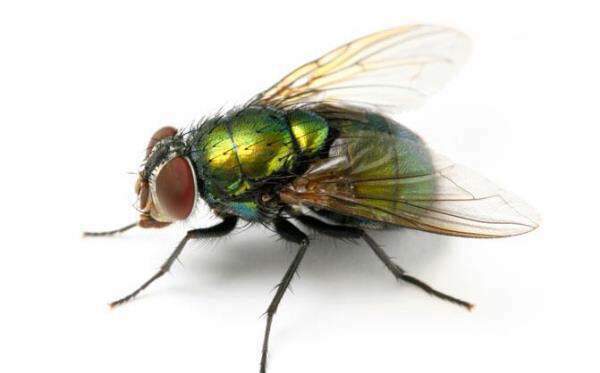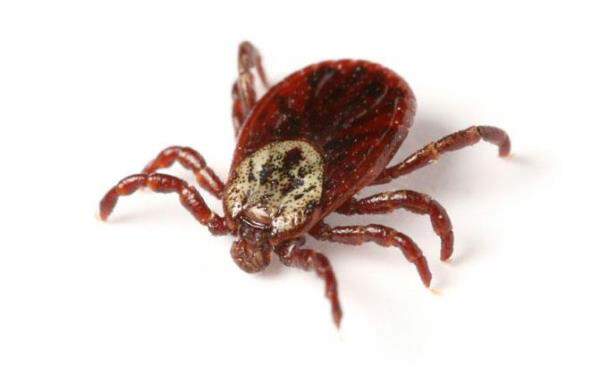Wasps
You're out mowing your lawn when suddenly—zoom! An angry wasp dives past. Then another—and another. Having wasps around your home is a nuisance at best and dangerous at worst, so here are some facts about wasps to help you control the situation.
Meet the Wasp
Some wasps are solitary, but others are social insects, like ants. We'll focus on social wasps here. In the spring, young queen wasps come out of winter hibernation and begin to lay eggs and construct a new colony. As the population grows, female worker wasps continue to expand the nest and gather food supplies for themselves and the wasp larvae. Towards fall, new queen wasps leave the nest, mate, and find a place to hibernate through winter. Unlike honey bees, which overwinter as an entire colony, most wasp colony members don't live more than a year and don't overwinter. Only young queens do so they can restart the cycle in the spring.
Wasp vs. Bee, Wasp vs. Hornet
It might surprise you: most of the insects we call "hornets" in the United States are actually wasps.1 Although most hornets are actually wasps, bees are different from wasps in several ways:
- Wasps generally have hard bodies, while bees are fuzzy.
- Wasps prey on other insects for some of their diet, while bees utilize nectar sources.
- Wasps tend to have a somewhat more aggressive personality than bees, although it depends on the exact species.
- Wasps can sting multiple times, while honey bees sting only once, then die.
Why Wasps Are a Problem
When wasps build their nests far from human dwellings, they generally don't cause any harm. Live and let live! The trouble occurs when wasps take up residence near your home.
How Wasps Affect Your Pet
- Wasps are pretty non-discriminating when it comes to protecting their nest. Even an animal with no intention of harming the wasps—like your curious dog or cat—can be attacked by wasps. Curiosity around a wasp's nest is not a good thing!
- Wasp stings can be quite painful to your pet and may even result in serious health issues.
- Dogs may try to eat dead wasps, which can also cause health issues.2
How Wasps Affect Your Home
- Wasps are often attracted to the eaves of your home or garage. They're in search of a safe location that protects their nest from the weather.
- In some cases, wasps may build a nest inside your home, like in an attic or inside a protected area, like a vent.
- Unlike some insects like carpenter ants, wasps don't particularly cause damage to a home with their nesting; they're merely using the structure for shelter.
- Wasp stings can be painful to humans and can cause a variety of mild to severe side effects.
How Wasps Affect Your Yard
- Wasps may try to build nests in the trees around your yard and even in shorter bushes and woody plants. They may also target garden or tool sheds, playground equipment, and other outdoor structures.
- Some species of wasps are ground-dwelling and form colonies inside small holes in your yard.
- Wasps feed on other insects, so they can be considered beneficial. If the nest is in an area of the yard that is out of the way, you could consider leaving it.3
How to Get Rid of Wasps
- Be proactive. Young queen wasps can be captured with a wasp trap early in the spring before they construct a new colony.4 This can help prevent large wasp populations later in the year. A wasp trap isn't as effective during the summer as it may only capture female worker wasps and not actually prevent the nest's construction.
- Keep garbage contained. Wasps seeking food are attracted to open dumpsters or garbage cans, so keep these areas clean and trash covered to help keep wasps out of the yard.
- Eliminate holes. Ground-dwelling wasps may live inside abandoned rodent holes, so filling these in may help deter wasps.
- Try a fogger. For nests inside your home, like those built in an attic, garage, or shed, you could try controlling the wasps with an indoor fogger. ADAMS Plus Flea & Tick Indoor Fogger treats up to 375 square feet and will allow you to get rid of a nest without getting too close to it.
- Carefully use a wasp spray. Try spraying the nest with an appropriate insecticide at dawn or dusk when the hive is inactive. If you have to get close to the nest, wear protective gear. A spray like ADAMS Flea & Tick Home Spray can be effective against wasps. If you need to spray from a distance, try a product with a pressurized can that functions from many feet away.
- Hire an expert. If you're unsure how to eliminate a wasp's nest or aren't confident about how to proceed, you might need to hire a professional.
Wasps can be a real problem, but you have plenty of ways to send them packing and get your home and yard back to normal.
1. Sweetser, Robin. The Old Farmer's Almanac. "Wasps, Bees, and Hornets: What's the Difference?" 30 November 2020.
2. DiPietro, Renee. Pet Poison Helpline. "Bee and Wasp Sting Toxicity in Pets," https://www.petpoisonhelpline.com/blog/bee-and-wasp-sting-toxicity-in-pets/
3. Eaton, Alan T. University of New Hampshire Cooperative Extension. "Controlling Wasps, Bees and Hornets Around Your Home," 23 January 2018. https://extension.unh.edu/resource/controlling-wasps-bees-and-hornets-around-your-home-fact-sheet-0
4. Grant, Bonnie L. Gardening Know How. "DIY Wasp Trap Info: Do Homemade Wasp Traps Work," 16 November 2020. https://www.gardeningknowhow.com/plant-problems/pests/insects/homemade-wasp-traps.htm




